Fei Fei Wang
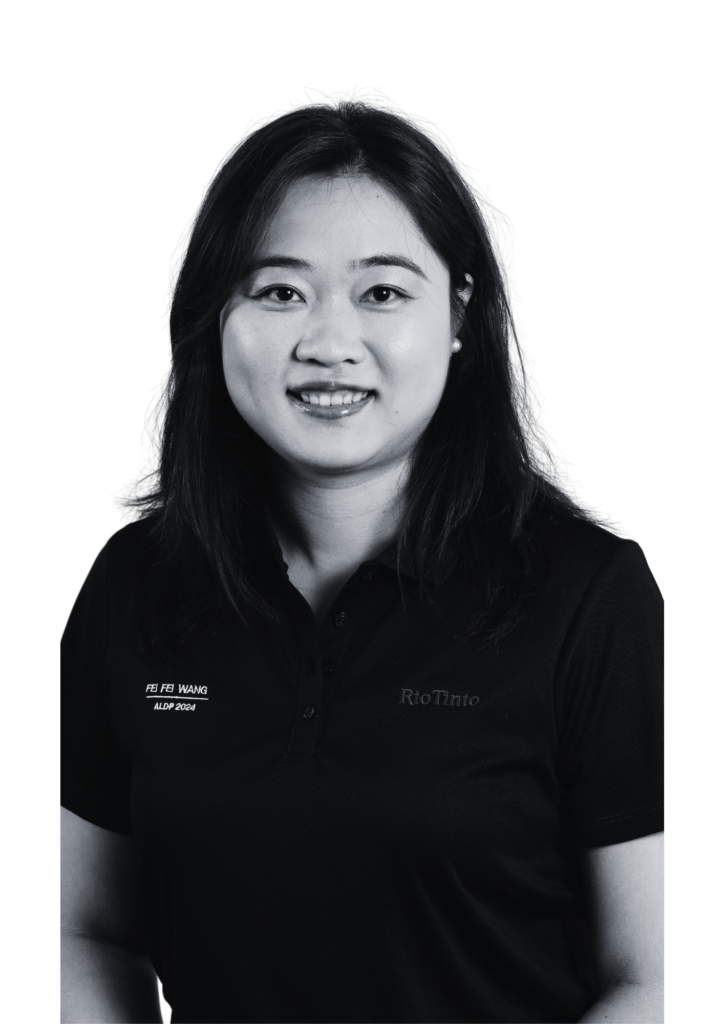
Ask me about
- What inspired me to become a data scientist
- How did I know data science was the right fit for me
- What made me switch from actuarial studies to econometrics
- What does a typical day look like for a data scientist
About me
- Regional Background
Coming out of high school, I didn’t know what I wanted to do. So I enrolled in a bachelor of commerce, majoring in actuarial studies. Later in university, I discovered a passion for econometrics—the use of statistics and data to understand and predict economic trends. I went on to complete honours and a master’s in economics. After university, I wanted to apply my quantitative skills, so I Joined consulting, creating data models to help solve problems. I worked with clients across a wide range of sectors, helping them solve complex problems using data. After a few years, I wanted to take my career further by deploying the models I built into real-world environments. That’s why I joined Rio Tinto—now, the models I build are used daily at active mining sites.
About my role
- Analytical
- Creative
- Curious
- Focused
- Logical
- Resourceful
A data scientist is someone who uses data to solve problems and help people make better decisions. They collect information from different sources, clean it up, and look for patterns or trends. Using tools like statistics, computer programming, machine learning and AI, they turn raw data into useful insights. Data scientists often work with teams from different areas - like business, or engineering - to understand real-world problems and figure out how data can help. They might predict future trends, find ways to improve efficiency, or support big decisions with facts instead of guesses. The work combines logic, creativity, and curiosity, and often feels like solving a mystery using clues hidden in numbers. Data scientists need strong problem-solving skills, and they’re always learning new things as technology and data keep evolving. It’s a great role for someone who enjoys asking questions and finding smart, data-driven answers.
Education
- Bachelor of Commerce (Hons. in Economics), The University of Melbourne
- Master of Economics, The University of Melbourne
- Diploma of Financial Planning (RG146 Compliant), Integrity Education
Subjects
- Business Studies
- Chemistry
- English
- Languages
- Mathematical Methods (Maths B)
- Physics
- Specialist Mathematics (Maths C)
Awards
- Australian Postgraduate Scholarship for Doctoral Program in Economics, The University of Melbourne
- Kinsman scholarship for top Honours thesis, The University of Melbourne
- 2024 International Committee for the Study of Bauxite, Alumina, and Aluminium Best Bauxite Paper Award
- Australian IP patent holder (Closed-loop Real-time Ore Control System)
Hobbies
- Guitar
- Interior design
- Volunteering

15 year old me!!
My career journey
-
Unsure after high school, chose commerce
-
Discovered econometrics, changed study focus
-
Completed honours and master’s in economics
-
Joined consulting, solved real-world problems
-
Moved to mining, using data to improve operations
My typical day
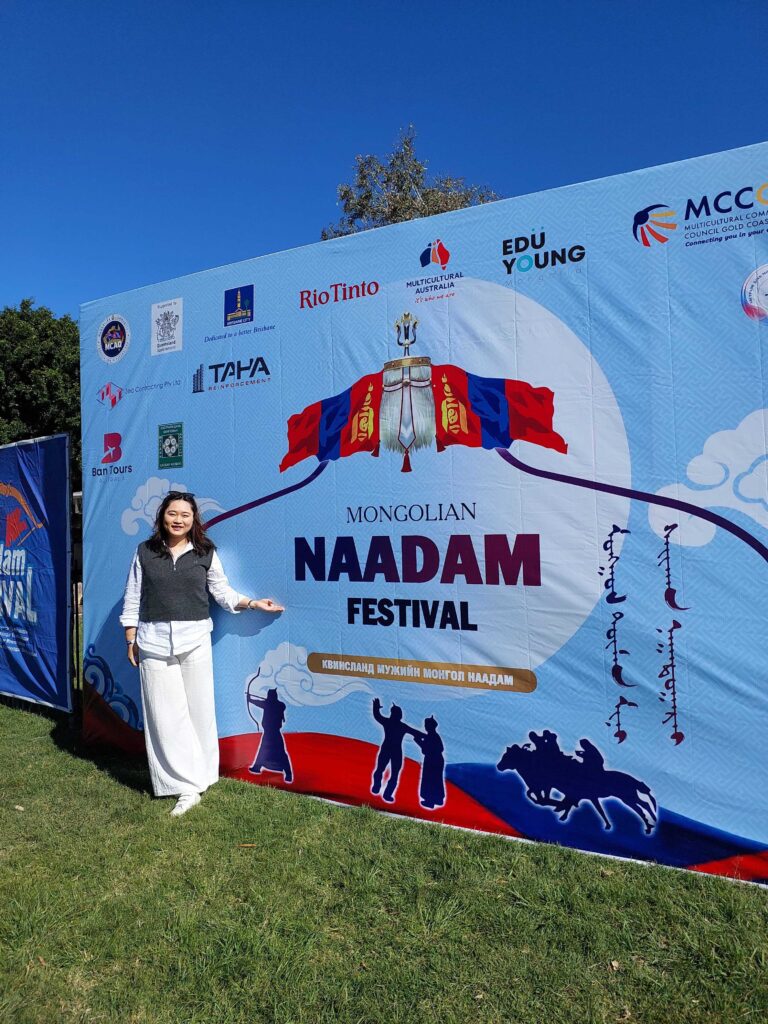
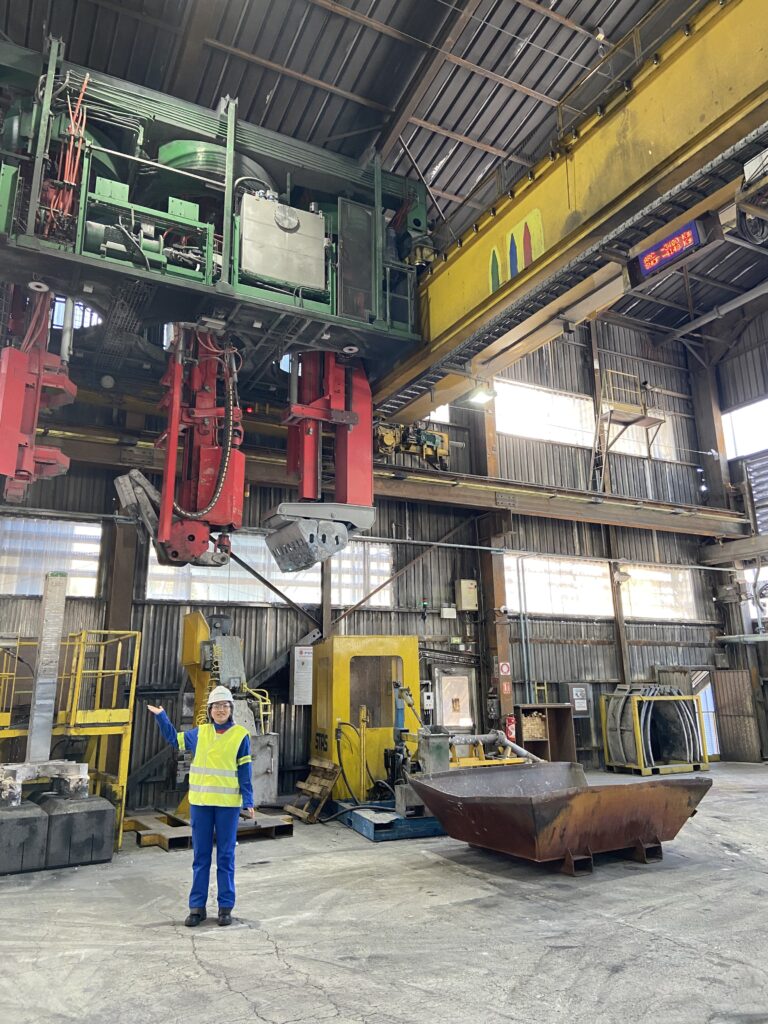
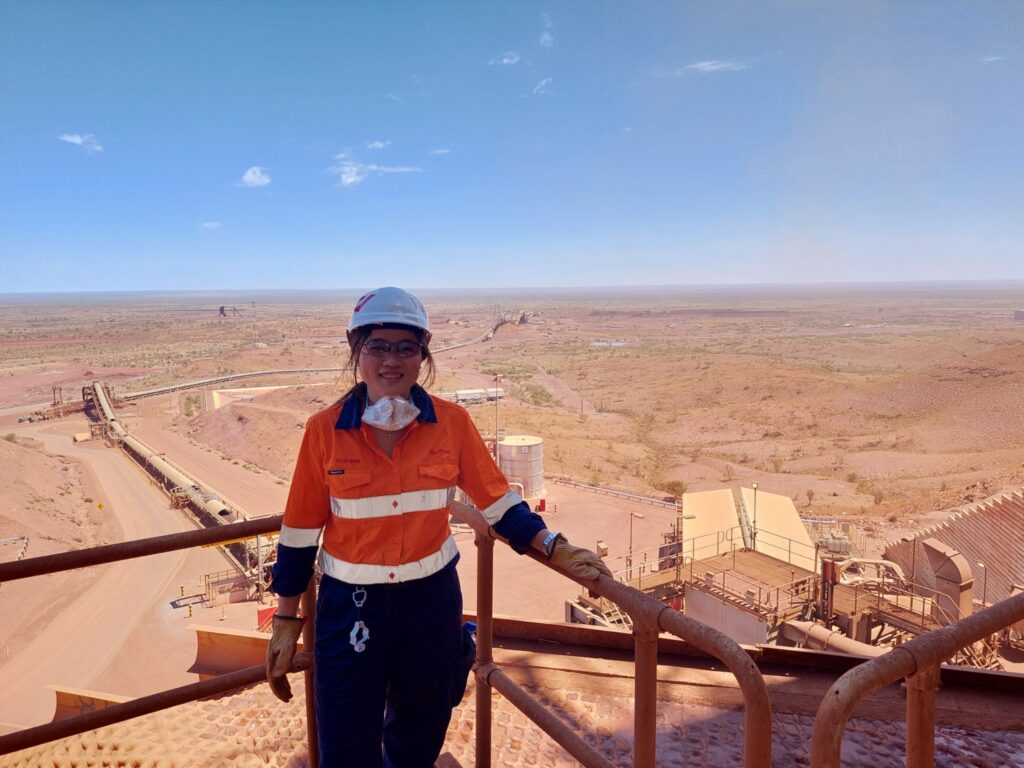
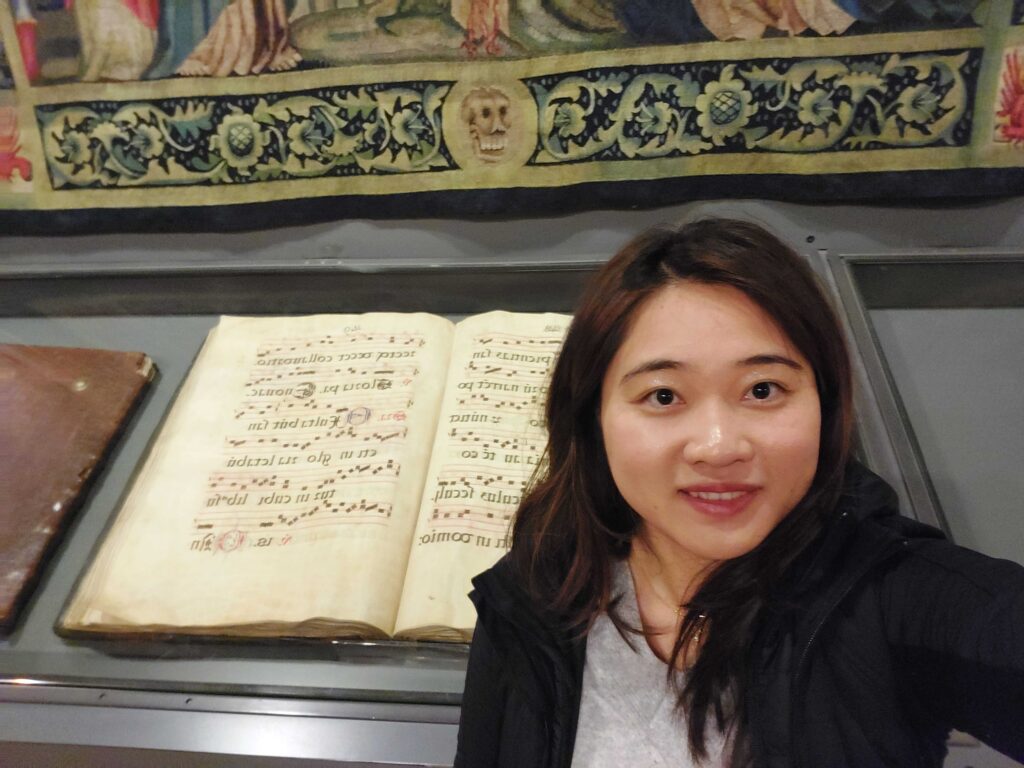
My employer
